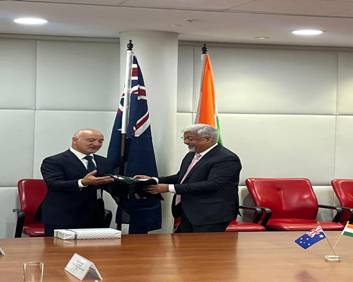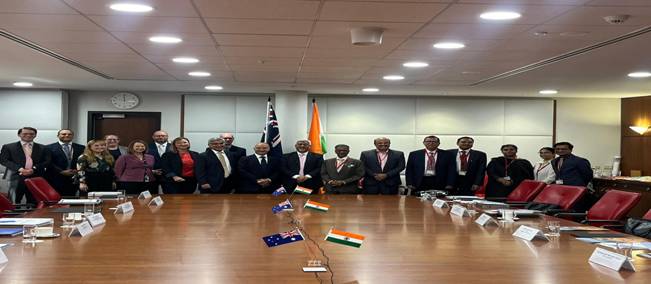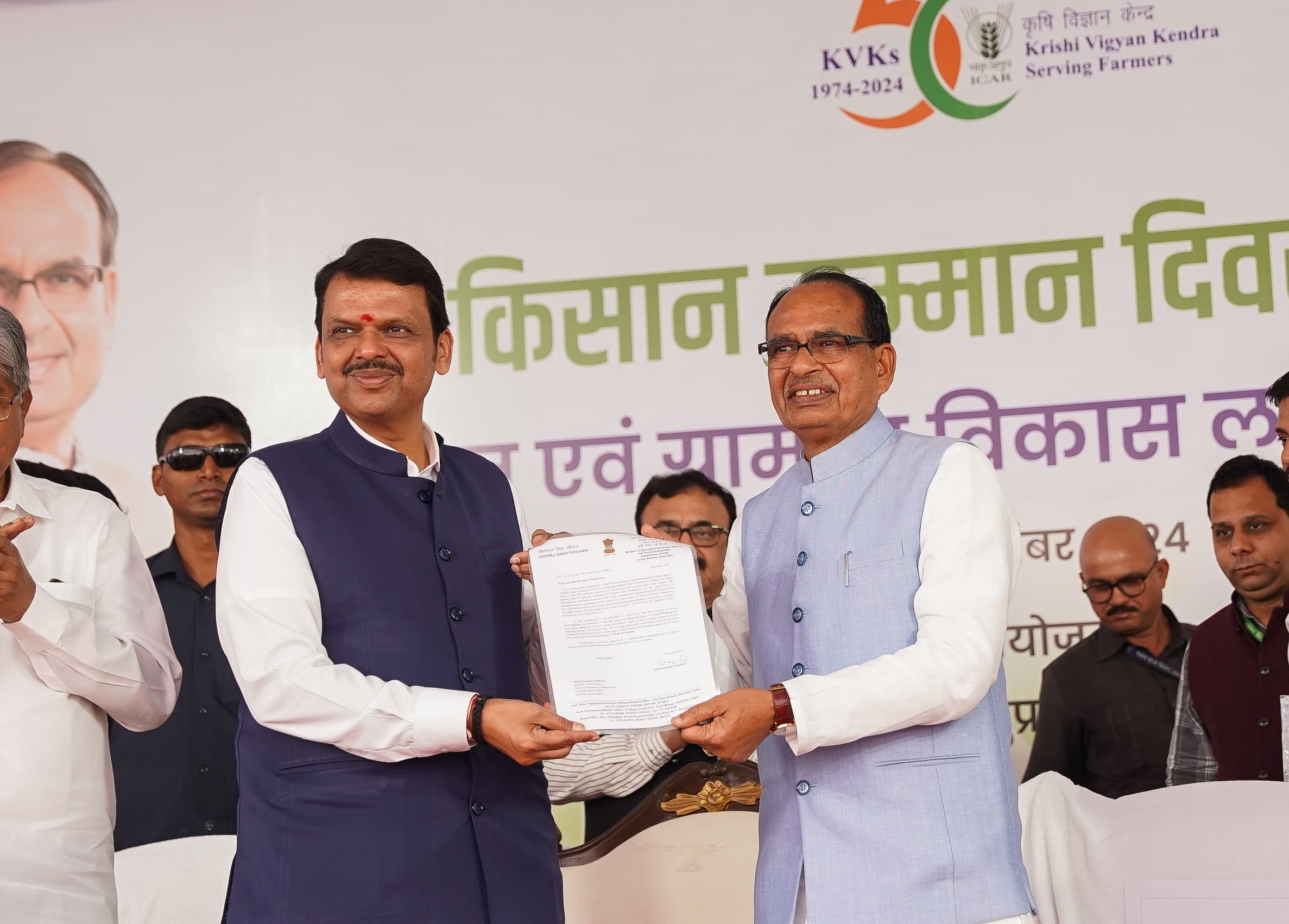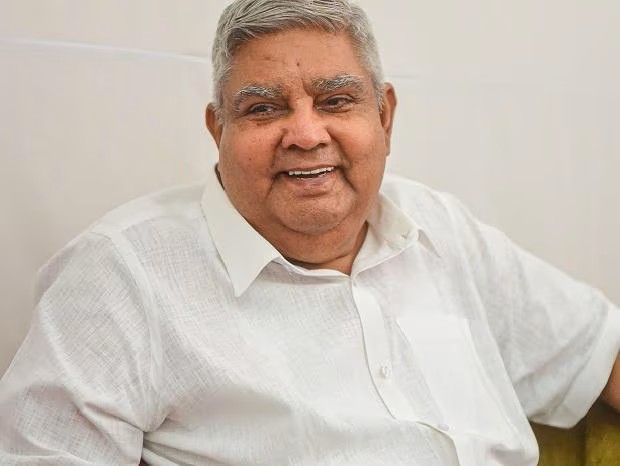India and Australia are poised to strengthen their collaboration by focusing on joint projects, efficiently resolving market access challenges, fostering deeper interpersonal connections, establishing systems for sharing preferential import data, and working on innovative initiatives to ensure the successful completion of ongoing CECA negotiations.
 India views Australia as a key trading partner in the Oceania region, with trade between the two nations reaching around USD 24 billion in 2023-24, signalling the potential for even greater growth. The Joint Committee Meeting (JCM) serves as a crucial platform for both countries to enhance trade relations and explore new opportunities for economic cooperation in areas such as trade facilitation, investment promotion, and technology collaboration.
India views Australia as a key trading partner in the Oceania region, with trade between the two nations reaching around USD 24 billion in 2023-24, signalling the potential for even greater growth. The Joint Committee Meeting (JCM) serves as a crucial platform for both countries to enhance trade relations and explore new opportunities for economic cooperation in areas such as trade facilitation, investment promotion, and technology collaboration.
An Indian delegation led by Commerce Secretary Shri Sunil Barthwal engaged in constructive discussions on various trade and investment-related issues with the Australian delegation led by Deputy Secretary Shri George Mina from the Department of Foreign Affairs and Trade (DFAT) in Canberra, as well as with businesses in Sydney and Melbourne. These discussions centred on deepening economic ties between the two democracies, leveraging trade complementarities and untapped potential in both economies.
During the first JCM under the India-Australia Economic Cooperation and Trade Agreement (Ind-Aus ECTA), both parties reviewed the smooth implementation of the ECTA and discussed various implementation issues. Topics included market access for products such as okra, pomegranate, grapes, cottage cheese, macadamia nuts, lentils, and avocado, as well as pharmaceutical pricing control in Australia. Progress made by the working group on whisky and wine to address regulatory challenges and promote trade in these products was also discussed. The meeting emphasized the need for regular subcommittee meetings to address issues promptly and focused on areas of mutual interest such as coastal tourism, critical minerals, and collaboration in establishing disease-free zones for shrimp and prawns in India.
Additionally, the meeting established the Rules of Procedure for the Joint Committee and created an innovative institutional mechanism for the regular monthly exchange of preferential import data. Discussions also addressed critical services issues such as India’s request for facilitating cross-border e-payments and mutual recognition agreements in professions such as nursing and dentistry. The commitment to remove the ENT/LMT requirement in line with the UK-Australia Free Trade Agreement was reiterated, with discussions also covering healthcare worker mobility and telemedicine facilitation.
The JCM reaffirmed the commitment of both India and Australia to cultivate a strong and mutually beneficial economic partnership, laying the groundwork for further cooperation and prosperity for both nations. Meetings also took place at the chief negotiator level to assess progress in ongoing India-Australia CECA negotiations, aiming for a balanced outcome while respecting both sides’ sensitivities.
Both parties also touched on WTO-related issues, highlighting the importance of finding a permanent solution to public stockholding (PSH) and discussing the potential for India to support Australia in the plurilateral arrangement for domestic support in services.
Interactions with business leaders and associations in Sydney and Melbourne, including the Australia India Business Council and Chambers of Commerce, as well as the Confederation of Indian Industry, explored potential areas of collaboration such as capacity building and vocational training, hiring skilled professionals and caretakers (including healthcare workers and nurses), and mutual recognition of standards. Other areas of interest included critical minerals, digital connectivity, finance, education, agriculture, dairy and food processing, transport and storage, sports, pharmaceuticals, silicon wafers, space, medical equipment, and more.
Overall, these meetings emphasized the strong willingness of both governments and businesses to work together to elevate the strategic partnership, benefiting businesses and citizens in both countries.




